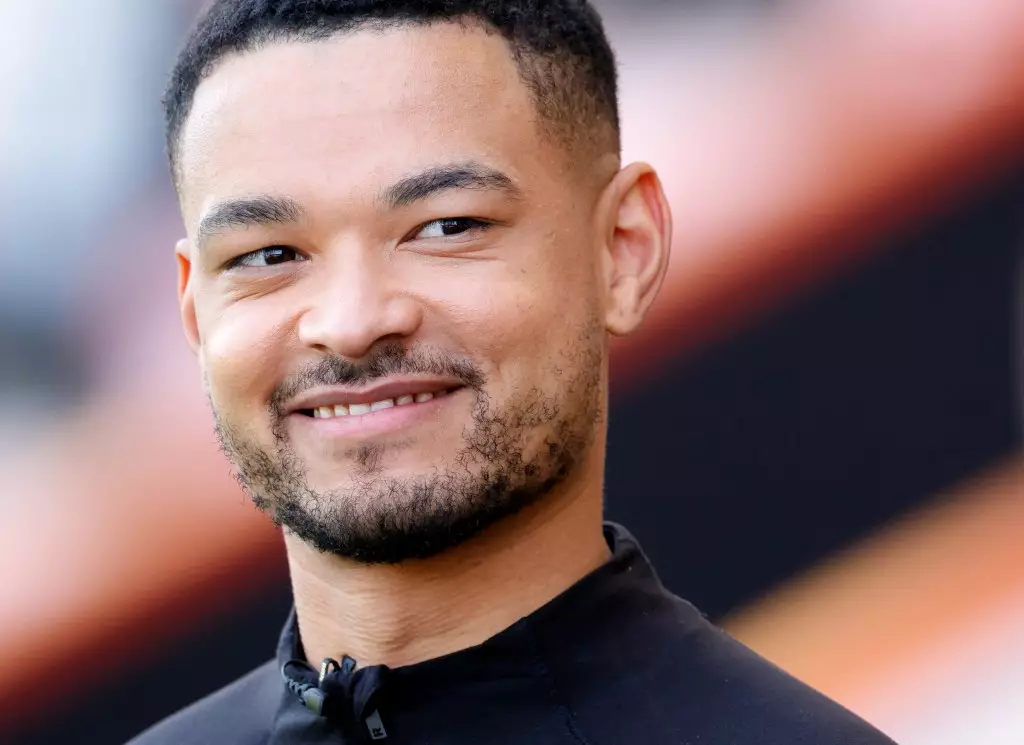Steven Bartlett’s podcast, ‘The Diary Of A CEO,’ has recently hit a staggering milestone: 1 billion streams across major platforms like Apple, Spotify, and YouTube. This breathtaking achievement highlights the ever-growing appeal of podcasts as a primary medium of storytelling and insight in today’s digital age. Bartlett, known for his roles as a social media entrepreneur and investor on BBC’s ‘Dragons’ Den’, initiated this podcast journey in 2017 with a humble setup that included just a laptop and a microphone.
The podcast has become a cultural phenomenon, not just in the UK but also around Europe, solidifying its position as the continent’s largest podcast and ranking as the second-largest globally on YouTube. Guests like Simon Cowell, Jada Pinkett Smith, and Richard Branson have graced the show, bringing diverse perspectives and enriching its narrative fabric. Bartlett’s reflection on this journey—one that began as a personal passion project—is a testament to the possibilities of what can happen when creativity, hard work, and talent intersect in the digital landscape.
While reaching 1 billion streams is a monumental achievement, it also raises questions about the nature of success in the media industry. What does it mean to achieve such numbers, and how does it redefine the traditional parameters of celebrity influence? The sheer reach of the podcast signifies not only Bartlett’s popularity but also a shift in how media engagement is conceptualized, highlighting the power of personal stories in forging connections with audiences.
New Frontiers in Reality TV: Molly-Mae Hague’s Docuseries
In a separate wave of celebrity media, Amazon has confirmed an upcoming docuseries focused on Molly-Mae Hague, a notable figure from ‘Love Island.’ This series arrives at a time when fans are eager for more intimate, behind-the-scenes looks into the lives of their favorite personalities. Following a tumultuous public breakup with fellow reality star Tommy Fury, the series promises to navigate the complexities of Hague’s life as she embraces motherhood and embarks on new business ventures, like her beauty brand, Maebe.
The series, produced by Lorton Entertainment and Banijay-backed Navybee, aims to offer a close-up view of Hague’s life, presenting an opportunity for her to share her story on her terms. It reflects a growing trend in reality television, where influencers endeavor to shape their narratives rather than being shaped by them. Head of TV at Prime Video UK, Hannah Blyth, emphasized the importance of authenticity in storytelling, suggesting that Hague’s journey is more than just entertainment; it’s a narrative of resilience and growth that could resonate with many viewers today.
The dynamics of reality television are shifting, and the authenticity that talents like Hague bring can serve as both a magnet for audiences and a resource for deeper societal conversations. In an era inundated with curated social media perfection, such docuseries allow audiences to engage with real-world challenges—an aspect that many find relatable and refreshing.
Leadership Changes at Cultural Institutions: Jay Hunt’s New Role
Amidst these cultural developments, Jay Hunt, Apple Europe’s chief, has been appointed Chair of the Hay Festival, one of the most revered literary celebrations in the UK. Her leadership role follows a decorated history in broadcasting, having previously served as Controller of BBC One. This appointment signals a commitment to influencing creative industries at various levels.
Hunt’s enthusiasm for storytelling and her deep-rooted connection to the arts position her as a fitting leader for Hay Festival, which has long been a hub for intellectual engagement and artistic exploration. The festival, known for drawing high-profile speakers and generating significant media buzz, is set to evolve further under her guidance.
Hunt’s vision to drive the organization forward indicates a thoughtful approach to merging traditional literary appreciation with contemporary dialogues. As cultural institutions adapt to changing audiences, leadership plays a crucial role in navigating those transformations, reinforcing the significance of stories and the way they connect people through shared experiences.
The paths carved by figures such as Steven Bartlett, Molly-Mae Hague, and Jay Hunt are indicative of the transformative era we find ourselves in—a time characterized by groundbreaking media engagements and new ways of storytelling. These narratives, whether shaped through podcasting, docuseries, or literary festivals, resonate deeply as they challenge existing norms and invite audiences into personal worlds that reflect broader societal truths. Each of these endeavors underscores a collective yearning for connection, authenticity, and shared human experience in an increasingly fragmented media landscape. As technology continues to evolve, so too will the stories we tell and the ways we connect with one another.

